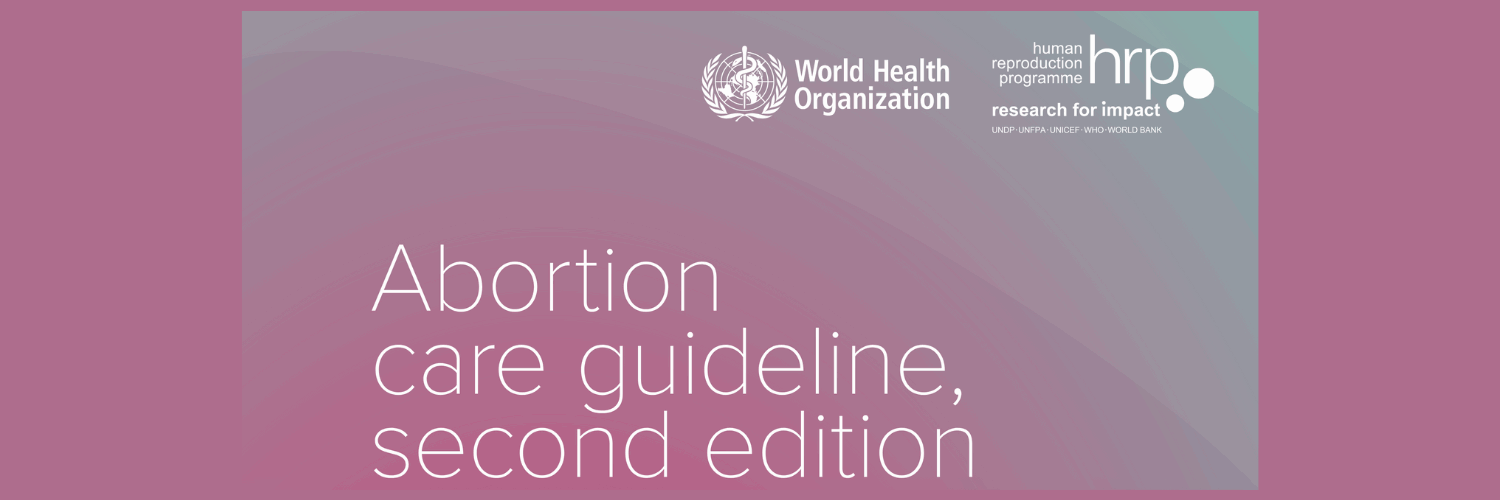WASHINGTON, D.C., September 12 (C-Fam) The World Health Organization (WHO) has released a second edition of its 2022 guideline on abortion, with what appears to be the sole purpose of including harsher language against conscientious objection to the practice of abortion by health care providers.
The first edition of the guideline insisted that “access to and continuity of comprehensive abortion care be protected against barriers created by conscientious objection” and called on national governments to regulate it. It argued that “conscientious objection in abortion provision may become indefensible” if it proved impossible to regulate objection in a way that “respects, protects and fulfils abortion seekers’ rights.”
The main update in the second edition of the over-200-page guideline was a paragraph discussing a systematic literature review funded by the Human Reproduction Programme (HRP), the UN multi-agency project housed within the WHO that published the original guideline.
According to the authors of the review, in the eleven countries they surveyed, they were unable to “identify any country or setting where conscientious objection was regulated in a way that was effective in ensuring the availability and accessibility of abortion in practice.” The WHO/HRP may be moving closer to answering its own question about whether conscientious objection can be declared “indefensible” once and for all.
The abortion guidelines coming out of WHO/HRP are not just medical recommendations for clinicians, but also policy guidelines for politicians and activists. The 2022 first edition of the abortion guideline came with an extensive annex on its human rights sources. Notably, none of its citations were from actual human rights documents negotiated by UN Member States. Almost all of the citations were from human rights “experts.” There is no internationally accepted right to abortion, but this has not stopped the UN’s human rights experts on treaty monitoring bodies from insinuating such a right.
The first treaty monitoring bodies to promote abortion as a right were the Committee on the Elimination of Discrimination against Women (CEDAW) or the Human Rights Committee, which monitors the International Covenant on Civil and Political Rights (ICCPR). The practice has spread across the UN human rights experts and been taken up by other bureaucratic entities within the UN system, such as the WHO. It is common for them to cite each other, creating a dense web of citations that can be traced back to a few unaccountable expert bodies, operating outside their mandates.
The authors of the literature review note that while national standards vary, “It is extremely rare for a country expressly to prohibit conscientious objection to abortion.” They also point out that “No international human rights bodies have to date characterized conscientious objection per se as a violation of women’s rights.” The phrase “to date” is very important: if a treaty body, such as the CEDAW Committee or the Human Rights Committee, were to declare conscientious objection a rights violation in the near future, they would likely cite this updated abortion guideline as justification—and then be cited in turn in future WHO/HRP publications.
In the meantime, the WHO has decided that, if conscience rights are to be maintained at all, they will have to be limited to an extent that has no known precedent.
View online at: https://c-fam.org/friday_fax/who-continues-attack-on-conscience-rights/
© 2026 C-Fam (Center for Family & Human Rights).
Permission granted for unlimited use. Credit required.
www.c-fam.org









